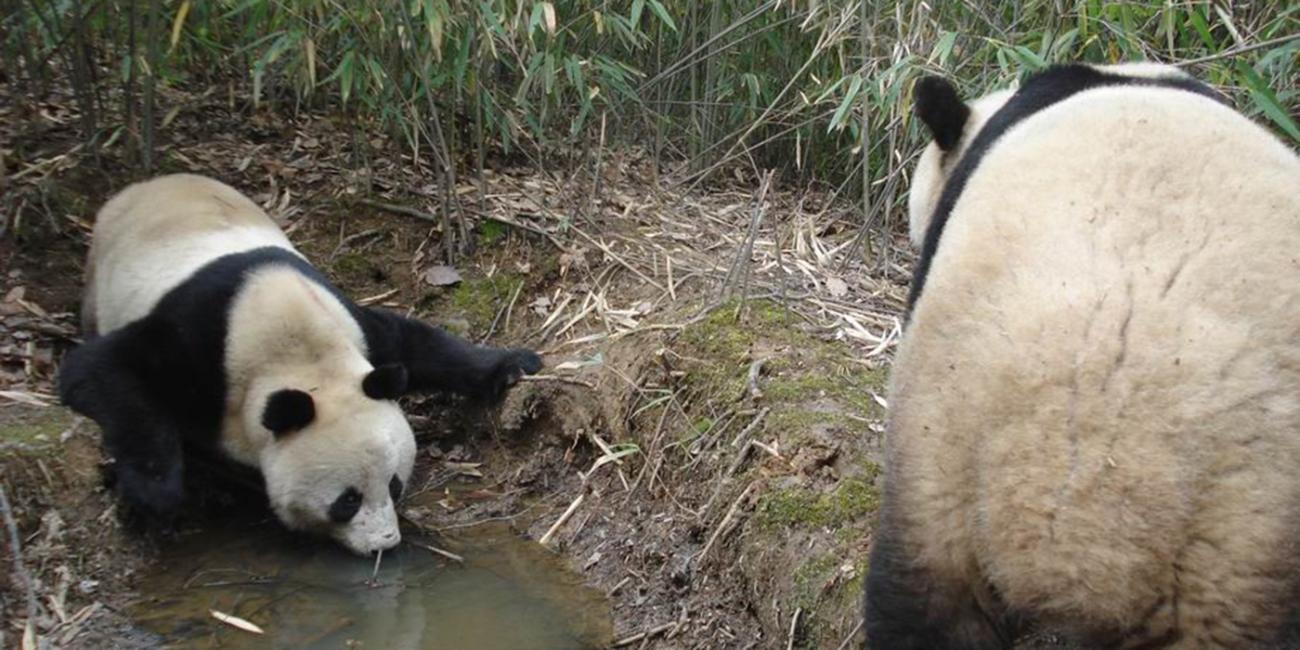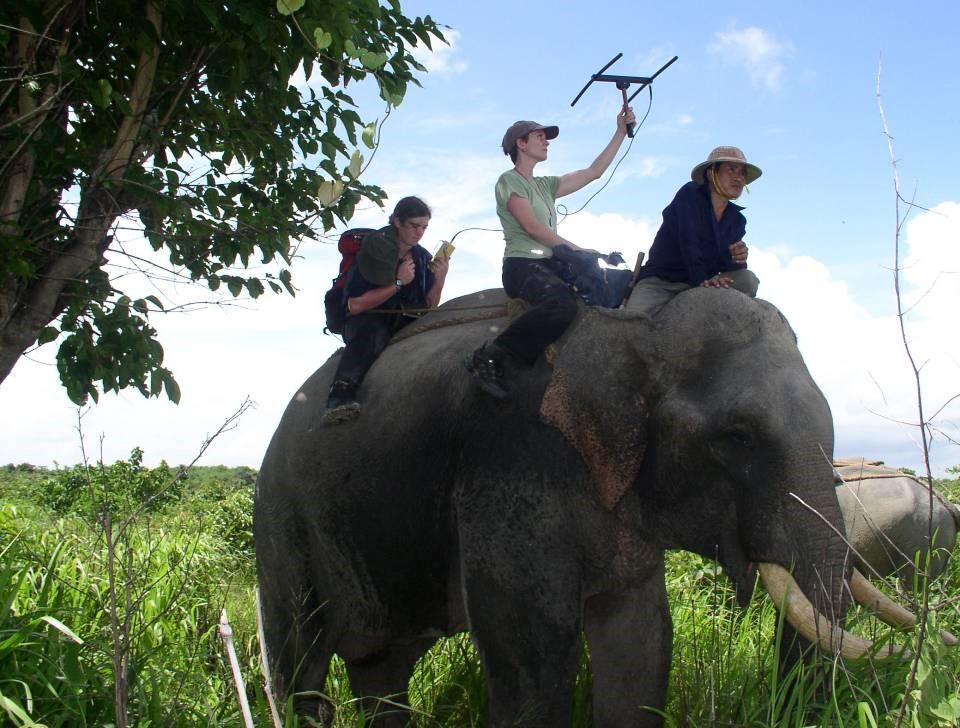Biography
Qiongyu Huang is the Roger and Molly Sit Giant Panda Biologist at the Smithsonian's National Zoo Conservation Biology Institute's Conservation Ecology Center. He is a physical geographer specializing in geographic information systems (GIS), remote sensing, and spatial analysis. His research focuses on developing solutions for complex conservation challenges by focusing on landscape- and continental-scale wildlife-habitat dynamics and large scale environmental datasets. Huang leverages satellite remote sensing data and innovative species distribution modeling in his research.
His current work includes assessing giant panda climate vulnerability, biodiversity modeling using NASA’s GEDI data, mapping Mongolian grasslands with drones, evaluating "Bird Friendly" coffee landscapes with satellite data in Central and South America, identifying socioeconomic drivers of land-use change in biodiverse hotspots, and developing novel methods for analyzing GPS-tracked animal movement data. He has served as principal investigator on NASA’s New Investigator, Land Cover Land Use Change, and Ecological Conservation Programs. Beyond research, he builds GIS and spatial analysis capacity globally, teaching spatial ecology and GIS at protected areas and the Smithsonian-Mason School of Conservation in Front Royal Virginia.
Huang holds a bachelor's in Biotechnology from Zhejiang University, and a master's in Conservation Biology and Sustainable Development and a Ph.D. in Geographical Sciences from the University of Maryland- College Park. He was previously an SCBI pre-doctoral research fellow, where his doctoral research focused on avian biodiversity across North America.

